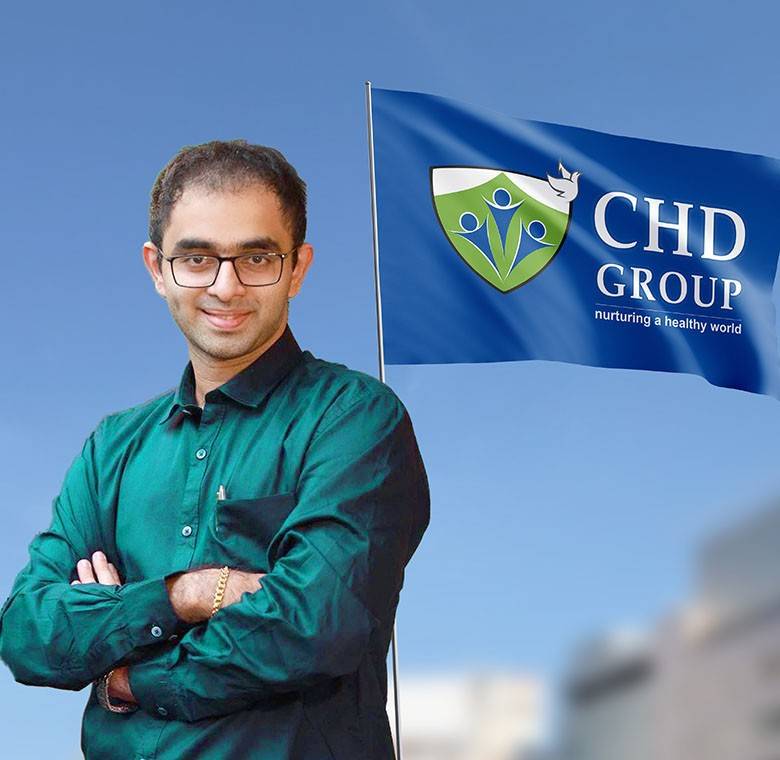In a few decades from now when historians attempt to revisit the time of 2020, they will refer to our age of COVID-19 as one where humanity faced the most difficult crisis since World War II and where mankind since the time of the Great Depression witnessed the greatest economic calamity of modern day 21st century.
The Asia Pacific region is exposed to natural disasters of different types and this has direct implications on the loss of lives, loss of capital infrastructure invested, loss of economic stability which promotes instability and also inequality and a loss of social inclusion at large. This snowballs into a dangerous disconnect for global health futures and sustainable development goals. The cross-border threat in terms of civilians at risk, economies at risk, cities at risk due to climate change and cascading disasters and the environment at risk calls for greater regional co-operation and multilateralism in a COVID-19 pandemic era.
Promoting Sustainable Growth
Growth remains a critical indicator in the progress of human kind. This growth must be promoted by factoring in policies which address composite risk hazard and vulnerabilities in the region where shared values and common goals act as an enabler of progress. Countries have to come together to promote trade and technology which is built on inter-generational foundations of solidarity, conventional methods of achieving progress and a marital union with cautiously promoted technology which is in sync with strong foundations.
Hurried attempts to combat COVID-19, mitigate existential threats due to climate risk and disasters merely through technology alone will not help us achieve sustainable growth. It is important to recognize that strong grass-root healthcare work force is necessary to deliver and address cross-sectoral concerns of disaster risk reduction where we put humans at the heart of risk resilience and safety.
Achieving sustainability through inter-generational convergence
COVID-19 has displayed the challenges which the world faces in terms of safeguarding health systems, promoting human lives, securing private sector, ensuring continuity of education for children and teachers and many more. This serves to remind us all that we might be able to guide missiles and send satellites to space, but if we do not promote an ecosystem which respects universal health coverage, if we do not further social innovation which trickles to the ground through competent non government organizations, if we create policies on strong theoretical frameworks that does not include all, especially through an inter-generational convergence of ideas and involvement, time and again we as a collective species of this earth will continue to falter in our quest for getting better.
Many country governments and international agencies work with elders and seniors alone without involving young turks who come with vibrant ideas, and more zeal to create valuable impact. This has an impact which will paralyze the possibility of strategic growth, fosters feeling of negativity and does not allow young turks to learn from the wisdom of age and at the same time, contribute to the speed of time, necessary in addressing modern day challenges such as COVID-19. Creating efficient multi-lateral frameworks which involve and engage young minds will set the bench mark for bridging the gulf of co-operation and solidarity.
Way forward for regional co-operation
The global pandemic has exposed countries which did not have coherence in their policies and approach to contain the pandemic. It has also scarred countries with weak health systems in more than one way where frontline health workers have given up on the system, resigned to their own fate and continue to watch the epidemic spread like an epidemic in futile submission. As the Asia Pacific region is repeatedly hit by nature’s fury complimented by the reality of rapidly proliferating climatic patterns, frequent disasters in the days ahead is a given. This would mean a triple blow to the region where cascading disasters, shaky health systems and high volume of diseases continue to co-exist in the ecosystem that surrounds the region.
This calls for an opportunity to deliver and transform the way risk reduction progresses in various countries by strengthening multilateral and trans-boundary co-operation, by penetrating grass-root policy gaps through informed non-government organizations and by building partnership through social innovation that can be an enabler in closing the gaps by also factoring in social policy.
About the Author: Dr. Edmond Fernandes is the CEO of CHD Group and Consultant, United Nations ESCAP, Bangkok along with being a Senior Fellow, Atlantic Council, Washington DC.


